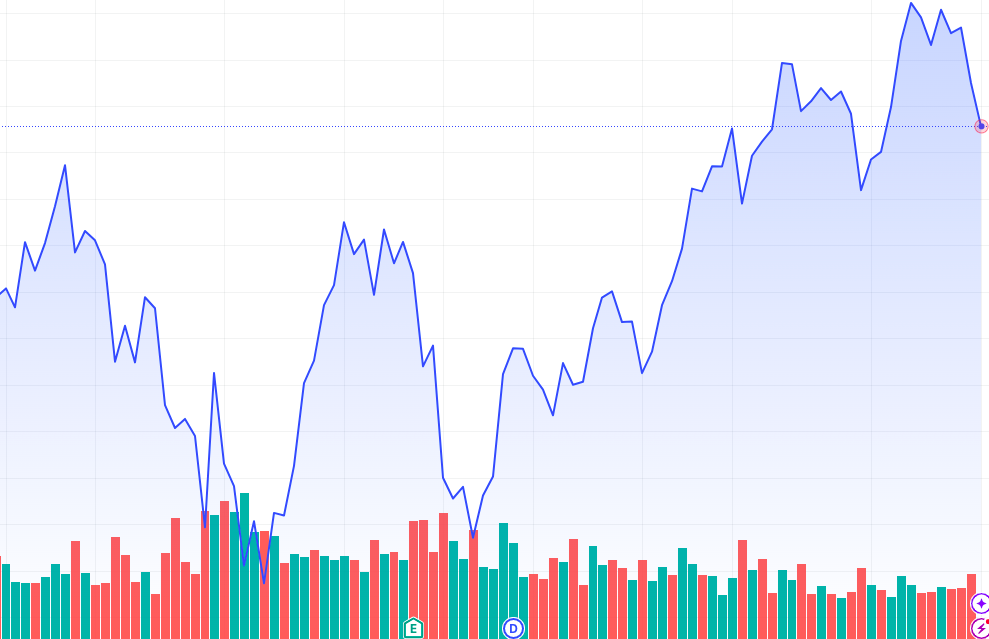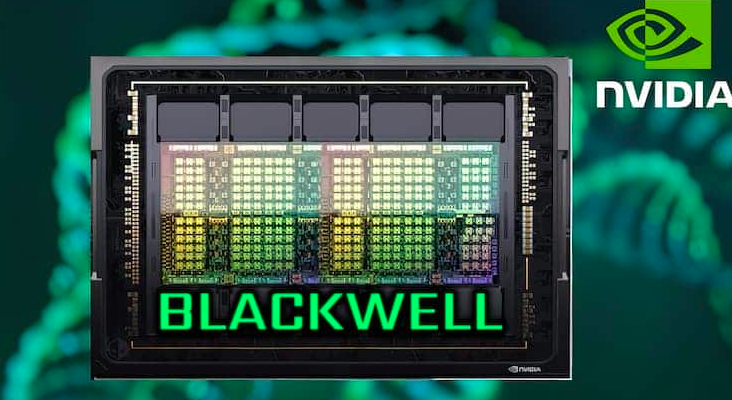Nvidia Corporation (NVDA), the reigning titan in the AI chip market, is set to release its fiscal Q3 2024 earnings on November 20. Analysts and investors are eagerly awaiting what many believe will be a pivotal report for the tech giant. With its stock up over 2,600% in the past five years, Nvidia has become a poster child for the AI-driven revolution, but recent challenges with its new Blackwell AI chips and supply chain disruptions could temper expectations.
The Blackwell Chip Debacle
Nvidia’s highly anticipated Blackwell graphics processing units (GPUs) have faced multiple delays and technical setbacks. Originally unveiled in March with the promise of shipping by Q2, the chips have encountered overheating issues when installed in server racks designed to hold up to 72 chips. According to sources cited by The Information, these issues prompted Nvidia to request several design changes from suppliers.
While Nvidia has worked closely with leading cloud service providers to resolve these problems, the delays have raised concerns among customers, including Meta Platforms, Alphabet’s Google, and Microsoft. These companies are racing to build new data centers to accommodate AI workloads but may find their timelines disrupted by Blackwell’s rollout challenges.
Despite the hiccups, Nvidia remains confident in its engineering process. “The engineering iterations are normal and expected,” a company spokesperson told Reuters. The Blackwell chip, which combines two silicon squares into a single component 30 times faster than its predecessor, is positioned to revolutionize tasks like chatbot responses.

Wall Street’s Bullish Stance
Even with these challenges, Nvidia remains a Wall Street darling. Of the 63 analysts covering the stock, 59 rate it a “buy” or “strong buy,” according to Yahoo Finance. The average price target of $160.38 suggests a 13% upside from current levels. Evercore ISI analyst Mark Lipacis believes the upcoming earnings report will likely reveal an upward bias in near-term estimates, driven by strong bookings from cloud service providers and increased hyperscale capital expenditures.
However, Lipacis warns that if Nvidia disappoints investors, it could come in the form of slowing revenue growth. Given Nvidia’s history of delivering blockbuster earnings, the stakes are high.
AI Demand Fuels Growth
The AI boom continues to be the main driver of Nvidia’s growth. Cloud giants like Microsoft and Meta have indicated that their capital expenditures for AI and cloud infrastructure will increase significantly in 2025. Nvidia’s GPUs, regarded as the gold standard for AI processing, are critical to these expansion plans.
Bank of America analyst Vivek Arya is particularly optimistic, citing upcoming next-generation AI chips — Blackwell Ultra, Rubin, and Rubin Ultra — as key drivers for Nvidia’s sustained dominance. These chips are expected to hit the market in late 2025, further cementing Nvidia’s leadership in the semiconductor space.

Earnings Expectations
For Q3, analysts expect Nvidia to post revenue and profit growth of 83% year-over-year, a staggering figure that underscores its stronghold on the AI chip market. Nvidia’s preorders for Blackwell chips have reportedly filled production capacity for the next year, signaling robust demand.
Historically, Nvidia’s stock tends to surge post-earnings. Shares are already up 8% this month, and analysts predict a potential 10% rise if Nvidia beats expectations or offers an optimistic forecast.
Headwinds on the Horizon
While Nvidia is riding high, the road ahead isn’t without obstacles. Restrictions on chip sales to China, imposed by the Biden administration, have already led to write-downs in Nvidia’s quarterly earnings. If geopolitical tensions persist, they could pose a long-term risk to the company’s revenue streams.
Moreover, the AI-driven growth that propelled Nvidia’s stock to its current heights may begin to decelerate in 2025. The company’s year-over-year comparisons will start from much higher baselines, making it difficult to sustain triple-digit growth rates. Analysts project Nvidia’s revenue growth to slow to 44% next year, a significant decline compared to the explosive gains of 2023 and 2024.
Supply chain disruptions could also impact Nvidia’s ability to meet demand for Blackwell GPUs. Partners like Super Micro Computer (SMCI) have faced challenges that could delay product rollouts and affect customer timelines.

Valuation Concerns
Nvidia’s stock trades at 35.7 times its expected earnings for fiscal 2026, a lofty valuation that assumes near-perfect execution. While analysts remain bullish, some caution that slower growth could lead to a moderation in Nvidia’s premium valuation. Still, the long-term demand for AI processing power is expected to remain robust, mitigating some of these concerns.
The Bigger Picture
Nvidia’s Q3 earnings report will serve as a barometer for the broader AI and semiconductor markets. As one of the most valuable companies in the world, Nvidia’s performance has far-reaching implications for tech investors and the AI industry at large. Its recent inclusion in the Dow Jones Industrial Average underscores its significance.
Eric Jackson, founder of EMJ Capital, believes Nvidia is “representative of the most important stocks in America.” He predicts the stock could double within the next 12 months, citing the nascent stage of AI investments.
Conclusion
Nvidia is at a critical juncture. While the company faces short-term challenges with its Blackwell chips and geopolitical headwinds, its long-term growth trajectory remains intact. The AI revolution is just beginning, and Nvidia is well-positioned to capitalize on this transformative trend.
Investors will be closely watching Nvidia’s Q3 earnings report for insights into its near-term performance and long-term outlook. Whether Nvidia can meet Wall Street’s high expectations and navigate its current challenges will determine if its stock can maintain its market-beating momentum.
Marc has been involved in the Stock Market Media Industry for the last +5 years. After obtaining a college degree in engineering in France, he moved to Canada, where he created Money,eh?, a personal finance website.

